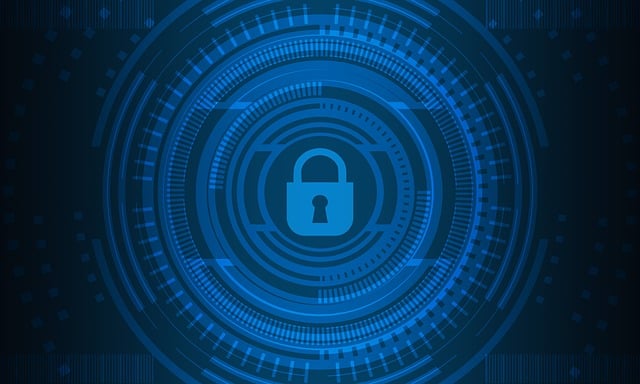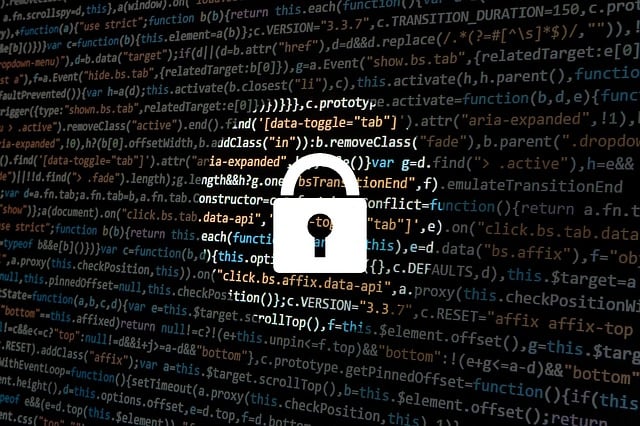Protecting privacy is essential in background check processes. Organizations must adopt privacy-friendly practices like minimizing data collection and ensuring robust data encryption to safeguard sensitive personal information while conducting thorough security checks. Transparency about the scope of these checks fosters trust and maintains a culture that values protecting individuals' privacy rights, striking a balance between organizational security needs and privacy preservation. Adhering to strict laws like GDPR and implementing measures such as limited access and secure storage is crucial for meeting legal obligations and safeguarding personal data during background checks.
In today’s digital age, understanding privacy concerns during background check processes is paramount. While thorough checks are essential, protecting individuals’ sensitive information from misuse or unauthorized access is crucial. This article delves into the importance of privacy in background checks, legal considerations, and common data-sharing risks. We explore best practices for privacy-friendly checks, empowering individuals to safeguard their personal information and know their rights. By adopting robust data protection measures, we can ensure a balanced approach that respects privacy while facilitating necessary checks.
- The Importance of Privacy in Background Checks
- – Understanding the need for privacy protection during background check processes
- – Legal considerations and individual rights
- Common Concerns with Data Sharing and Access
The Importance of Privacy in Background Checks

Privacy is a fundamental right and an essential consideration during background check processes. As organizations and employers conduct thorough checks to ensure the safety and security of their operations, it’s crucial to implement practices that protect individuals’ privacy rights. Background checks should be conducted with sensitivity, respecting the personal nature of the information being sought and handled. Safeguarding personal information is vital to maintain trust between organizations, employees, and job applicants.
Privacy-friendly check practices involve minimizing the collection and storage of data, ensuring secure data protection measures, and providing transparent communication about the purpose and extent of the background check. This approach strikes a balance between the organization’s need for thorough vetting and an individual’s right to privacy. By prioritizing data protection during checks, organizations can foster a culture of respect for personal information while still achieving their security goals.
– Understanding the need for privacy protection during background check processes

Privacy is a fundamental right, and it’s crucial to understand that during background check processes, protecting this right becomes an essential aspect. With the increasing reliance on data-driven checks, safeguarding personal information is more critical than ever. Individuals often share sensitive details about their lives, careers, and histories, making it imperative for organizations conducting these checks to adopt privacy-friendly practices. By prioritizing data protection, they can ensure that information remains secure and confidential.
Background checks serve a purpose, but they must be conducted with respect for an individual’s privacy rights. Organizations have a responsibility to implement robust measures to protect personal data, ensuring compliance with relevant regulations. This includes obtaining explicit consent, securely storing data, and limiting access only to authorized personnel who need the information for specific tasks. Such practices foster trust and assure individuals that their private affairs remain just that—private.
– Legal considerations and individual rights

Privacy considerations are a cornerstone when conducting background checks to ensure that personal information is safeguarded and individual rights respected. In many jurisdictions, there are strict laws in place to protect privacy during these processes, such as the General Data Protection Regulation (GDPR) in Europe. These legal frameworks not only dictate how personal data can be collected, stored, and used but also empower individuals with certain rights regarding their information. For instance, individuals have the right to know what data is being collected about them, why it’s needed, and who will access it.
Adhering to privacy-friendly check practices involves implementing robust data protection measures. This includes encrypting sensitive data, limiting access to authorized personnel only, and ensuring secure storage methods. Additionally, organizations should be transparent with individuals undergoing checks by informing them about the purpose of the background check, what information will be sought, and who will have access to it. Such transparency not only aligns with legal requirements but also builds trust between the organization and the individuals being checked.
Common Concerns with Data Sharing and Access

During background checks, one of the primary concerns revolves around the sharing and access to personal data. Individuals often worry about the extent to which their sensitive information is disseminated and who has the authority to view it. This concern stems from a genuine fear of privacy invasion and potential misuse of personal details. With numerous parties involved—from employers and law enforcement to background check agencies—there’s a heightened risk of unauthorized access or accidental exposure of private data.
Safeguarding personal information during checks is crucial, as it helps protect individuals’ privacy rights. This can be achieved through implementing stringent data protection measures, ensuring that only relevant parties with legitimate needs have access to specific data. Additionally, clear communication about the scope and purpose of data collection and usage can alleviate fears and foster trust in the background check process.
